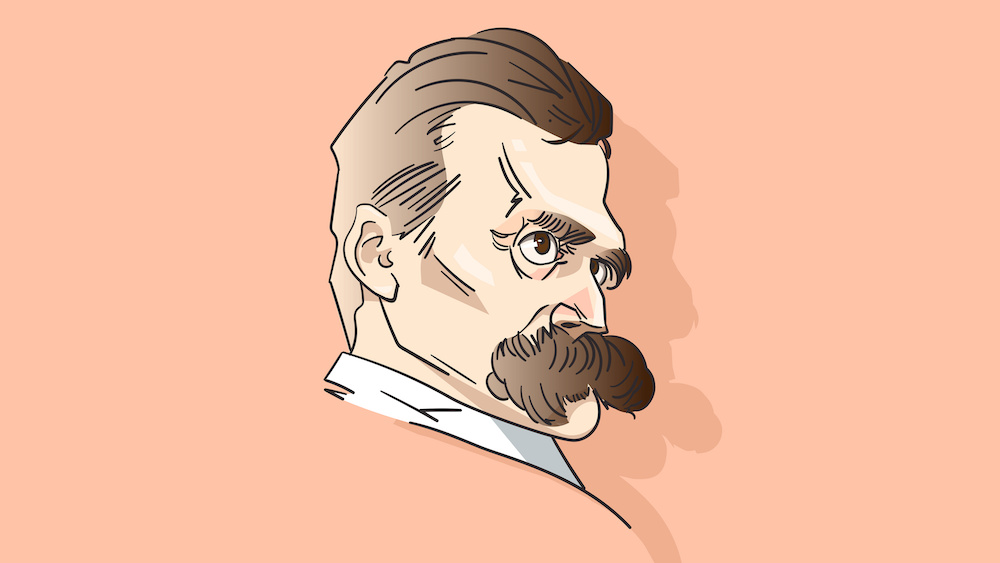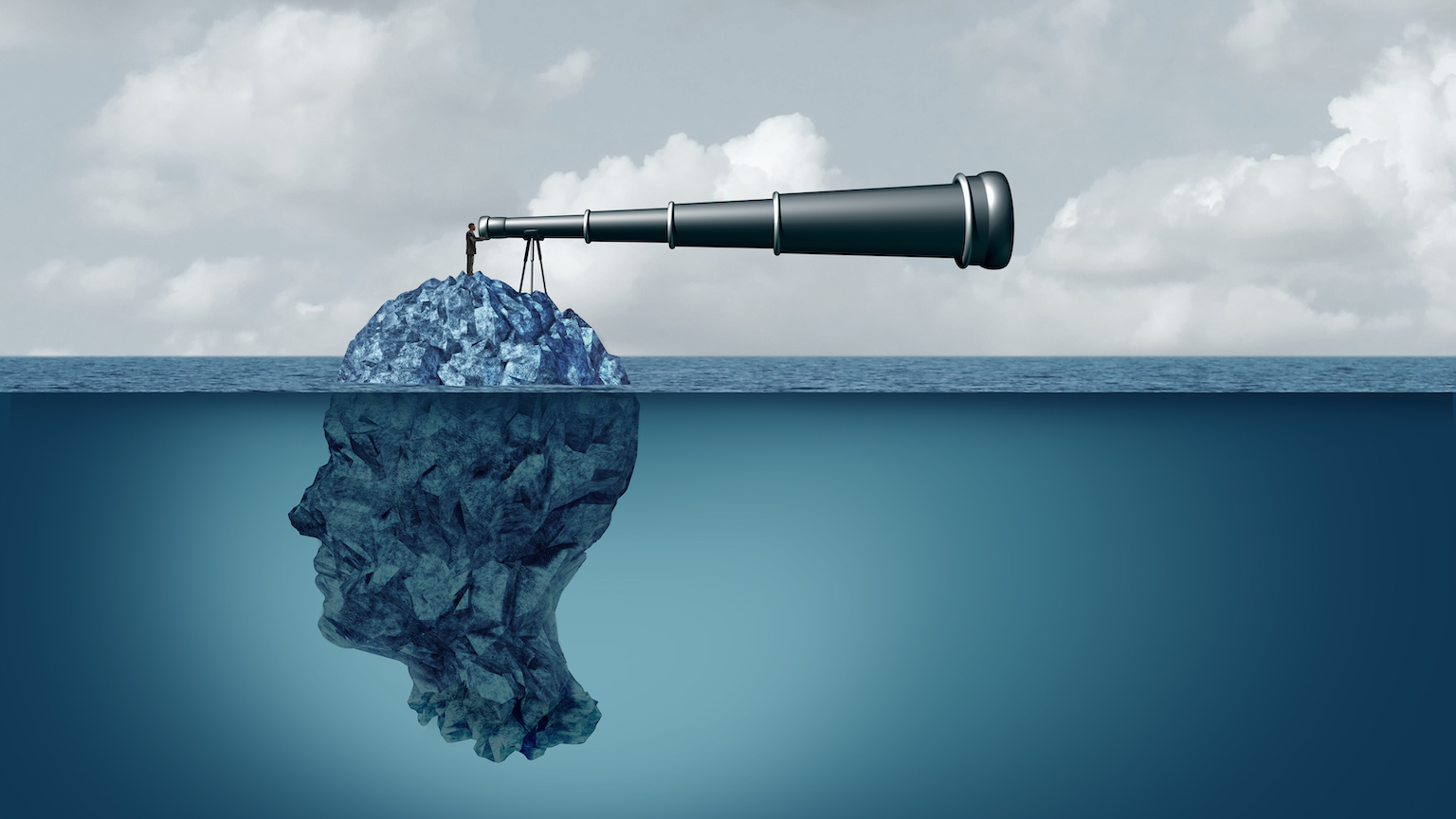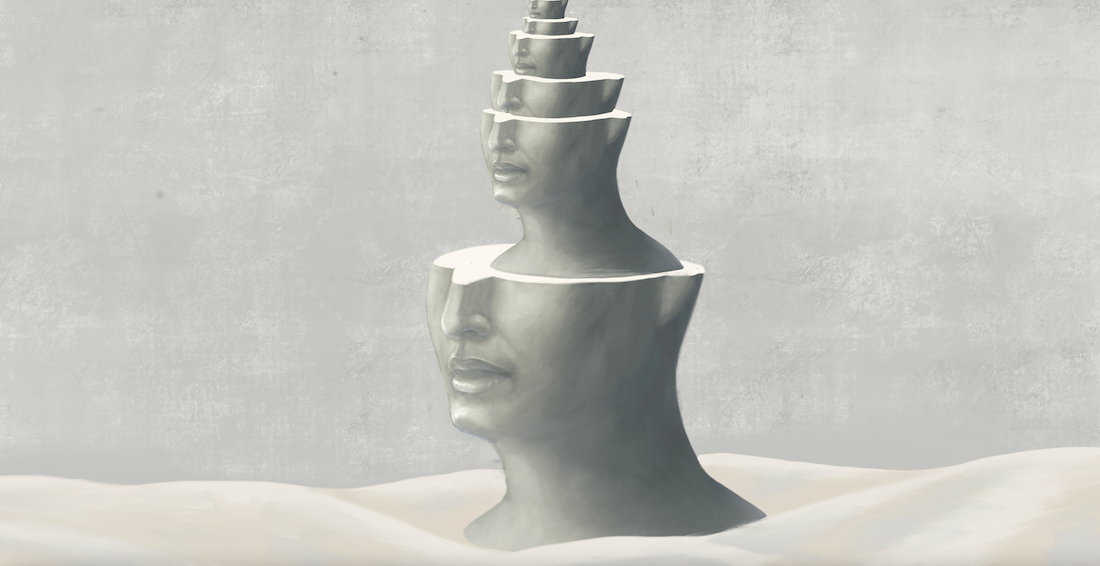What Nietzsche can teach us about embracing risk and failure in an age of technological comforts

- Safety through technology is certainly not a bad thing. But the need for safety can become pathological.
- Friedrich Nietzsche’s basic premise is that failure is an option. It is woven tightly into a life worth living.
- It is time for a personal inventory: Which of our devices and practices enable a life that experiences the world in ways and places not always engineered for our comfort?
Excerpted from In Emergency, Break Glass: What Nietzsche Can Teach Us About Joyful Living in a Tech-Saturated World by Nate Anderson. Copyright © 2022 by Nate Anderson. Used with permission of the publisher, W. W. Norton & Company, Inc. All rights reserved.
Modern technology has given us such increased control—over travel, disease, temperature, the height of our grass, when we watch TV shows, who we encounter, how we arrange words—that we have come to expect it.
Lower risk and greater control intoxicate us. Together, they breed cultures of safety, where setbacks look more like failures of planning than unavoidable consequences of risking ourselves to an uncontrollable world. The recent global pandemic has reminded us all just how deeply such a feeling of safety runs in many parts of the world—especially when it comes to contagious disease. Thankfully, technology saved millions of lives by enabling remote work, videoconferencing, genetic sequencing, and vaccine development, but there were months in which the ephemeral nature of human life was brought home anew even to the powerful.
Safety through technology is no bad thing—Nietzsche himself sought doctors and medicines throughout his life—but it can become pathological. Technology too easily convinces us that such safety is an ultimate condition. Soon enough, relinquishing control so that we might take on risky ventures feels foolish or even impossible. Simply leaving our homes can become a challenge.
One does not have to read far in the literature on technology to find this point made in stark terms. Two recent examples could stand in for many more.
San Diego State University professor Jean Twenge has spent years researching young people’s technology habits. She calls those coming of age over the past decade “iGen,” because they grew up with digital tools such as the iPhone, and she has collected huge amounts of data on them. Her conclusion is clear:
“The strongest legacy of iGen’ers’ involvement in the online world may be their increased physical safety. They are spending more time on their phones and computers and less time driving and seeing their friends in person, and as a result their physical safety has reached unprecedented levels. They are less willing to take chances, and their definition of safety has expanded to include their emotions as well as their bodies. The more they use words to communicate, the less they put their bodies at risk and the more they put their emotions at risk.”
Sherry Turkle, the MIT researcher, has reached similar conclusions. Rather than take risks in the broader world, digital technology in particular has taught us to stay immobile, using our words and images to reach out through screens. Turkle writes movingly of ways in which teenagers and college students remain “tethered” to parents through near-constant texting and phone calls, which can make it harder to take the small daily risks that teach independence.
“Our networked life allows us to hide from each other, even as we are tethered to each other. We’d rather text than talk. . . . Today, our machine dream is to be never alone but always in control. This can’t happen when one is face-to-face with a person.”
These are hardly attitudes that encourage wild risk-taking. As a parent myself, I’m okay with this, but such attitudes can also discourage reasonable and necessary risk-taking.
Nietzsche saw this worship of safety in much of the middle- and upper-class life of Europe, and he assailed it. He does not go as far as Jesus, who said that one must lose one’s life in order to truly find it, but Nietzsche does think we must be willing to do so. In The Gay Science, published a few years after his decision to resign the only real job he would ever hold, he reflects on what he has learned:
“For—believe me—the secret for harvesting from existence the greatest fruitfulness and the greatest enjoyment is—to live dangerously! Build your cities on the slopes of Vesuvius! Send your ships into uncharted seas! Live at war with your peers and yourselves! Be robbers and conquerors as long as you cannot be rulers and possessors, you seekers of knowledge! Soon the time will be past in which you had to be content living hidden in forests like shy deer!”
Given the uses to which Nietzsche has been put in the past, one cannot say too many times that this is not a call to become a thug, an invader, or a Jerky McJerkface. The “war” is directed at oneself; the robbing and conquering is addressed to “seekers of knowledge.” It is a call to freedom and fearlessness, not to petty larceny.
Such action is risky. We may anger others. We may fail ourselves. We might even lose our lives. But a risky death may be preferable to a drawn-out life, as Nietzsche says in Daybreak:
“And if you must perish, then do so immediately and suddenly; for in that case you will perhaps leave proud ruins behind you! and not, as is now to be feared, merely molehills, covered with grass and weeds.”
Nietzsche’s basic premise: Failure is an option. It is the necessary correlate of living the kind of life worth living, of having the kind of goal worth having.
For those raised in the religion of success, accepting this possible outcome can be difficult. Success appears as a matter of life and death. It is serious. But Nietzsche argues that the creative, meaningful, and successful life is ultimately a kind of game. In this vision, failure offers the chance to laugh, to reset the pieces, and to play another round.
“Shy, ashamed, awkward, like the tiger whose spring has failed—thus, you higher men, have I often seen you slink aside. A cast which you made had failed. But what does it matter, you dice-players! You had not learned to play and joke as one must play and joke! Do we not ever sit at a great table of joking and playing? And if great things have been a failure with you, have you yourselves therefore—been a failure? . . . Be of good cheer; what does it matter? How much is still possible! Learn to laugh at yourselves, as you ought to laugh!”
Though safety, comfort, and ease are not bad things, they can keep us from the striving that Nietzsche prefers.
“He who has always much indulged himself sickens at last by his over-indulgence. Praises on what makes hardy! I do not praise the land where butter and honey flow! To learn to look away from oneself is necessary in order to see many things:—this hardiness is needed by every mountain climber.”
For Nietzsche, adventure must be a lifestyle, not a weekend activity. We cannot actually know the world, nor can we know the passions that animate our own lives, by simply sitting and thinking. We cannot look inward, like Descartes, and find ground truth through mental activity alone. We cannot find purpose in our screens. We gain the deep wisdom of life only through experience.
If anything about this conception of life sounds right, then it may be time to take a personal inventory. Which of our devices and practices enable a life that experiences the world in ways and places not always engineered for our comfort? Which bits of technology do we need to strip away in order to risk ourselves in ways that can help us to grow?





